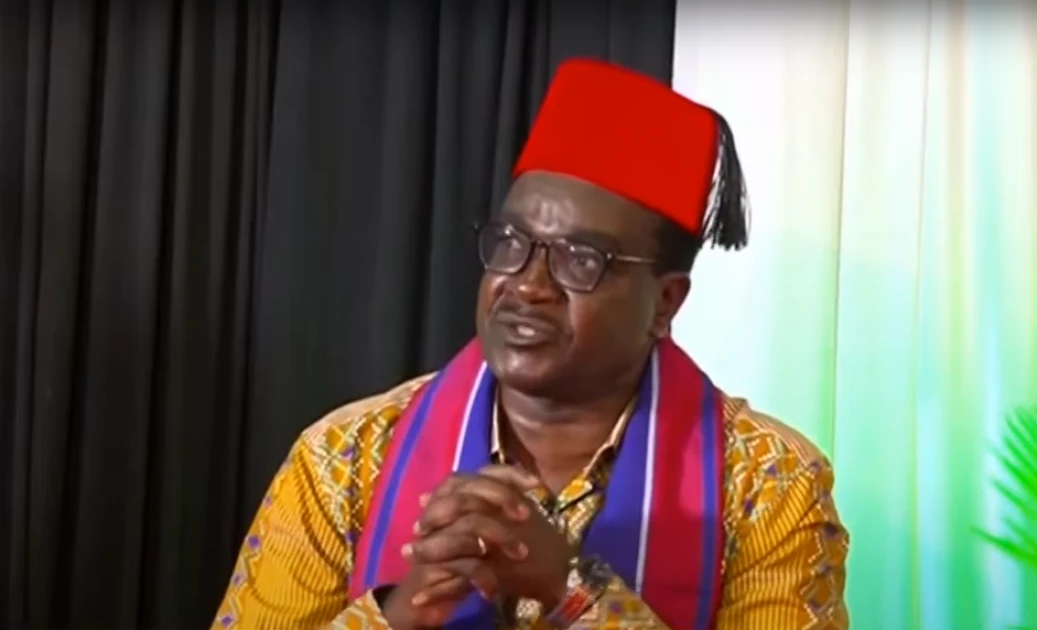Gov’t moves to end confusion over hardship areas

A screengab of Education CS Migos Ogamba speaking during Citizen TV’s 'Elimu Mashinani' segment held in Kilifi on September 23, 2025.

Audio By Vocalize
Education Cabinet Secretary Migos Ogamba now says the
government is undertaking a harmonisation exercise of all hardship areas across
the country for gazettement in a central registry.
Speaking during Citizen TV’s ‘Elimu Mashinani’ segment held in
Kilifi on Tuesday, Ogamba said the move is meant to address inconsistencies in
the payment of hardship allowances between teachers and other public servants.
The CS pointed out that the existing conflict was because
there was no thin line clearly defining a hardship area between government
bodies, since the Teachers Service Commission (TSC) and the public service
often differ on identifying a hardship area, therefore the need to have a
central registry.
“The government is currently undertaking a harmonisation
exercise of all the hardship areas across the country for gazetting in a
registry. There was an issue of gazetting all hardship areas and we said let us
do it for the proper payment of hardship allowances to be paid across the board
which is supposed to be harmonized across the board for both teachers and other
public servants because it so happens that sometimes you will find the same
area under the TSC is not gazetted as hardship area but is gazetted under the
public service, that brings the conflict,” he said.
CS Ogamba’s remarks were echoed by Principal Secretary for
Basic Education Dr. Julius Bitok, who admitted that the county faces unique
challenges that have a direct impact on education outcomes.
“I agree that there is something wrong in terms of the number
of learners going to university in Kilifi. Some of the reasons why there is
still poor performance in Kilifi are that it is largely a hardship area and the
schools are very far from each other and there is a lot of struggle with the
learners getting to schools,” Bitok noted.
“There are issues relating to poverty, issues relating to
cultural beliefs and early marriages and we have some homework to do in
Kilifi.”
The debate followed concerns over poor performance in Kilifi
County in the 2024 KCSE results. The county produced only two A plains, with
just 10 per cent of candidates scoring C+ and above, while half of the students
scored D+ and below, a performance which education stakeholders attributed to
the region being a hardship area.
The ministry thus hinted at harmonisation of hardship zones to
ensure fair allocation of allowances and better support for teachers and
learners in marginalised regions.
In May this year, the Kenya Union of Post-Primary Education
Teachers (KUPPET) opposed a government
proposal to review 44 hardship zones, a move they say would
reduce teachers’ allowances.
The union further threatened legal action if the plan goes
ahead, terming hardship pay a hard-won gain secured through collective
bargaining agreements.


Leave a Comment